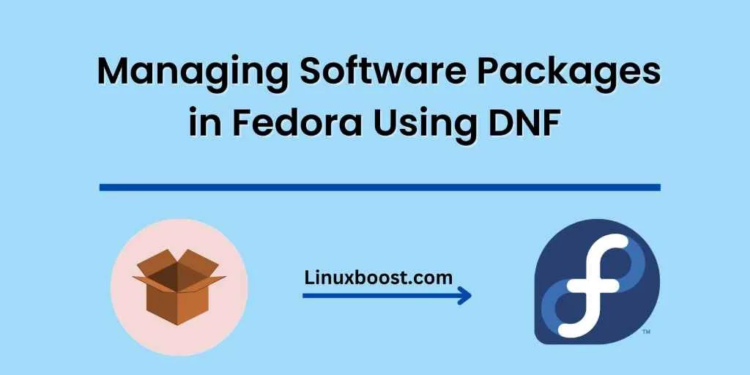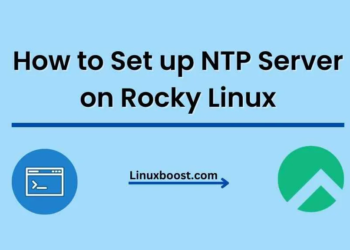If you are a Fedora user, you are likely familiar with the package manager DNF. DNF is a powerful tool that makes it easy to install, update, and manage software packages on your Fedora system. In this blog post, we will discuss how to manage software packages in Fedora using DNF.
- Updating your system
Before you start installing new packages, it’s always a good idea to update your system. You can do this by running the following command in your terminal:
sudo dnf update
This command will update all the packages on your system to their latest version.
- Installing packages
To install a package, use the following command:
sudo dnf install package_name
For example, to install the popular text editor Vim, you would run:
sudo dnf install vim
If the package is not available in the default Fedora repositories, you may need to enable additional repositories. You can do this by installing the dnf-plugins-core package and enabling the repository using the dnf config-manager command.
- Removing packages
To remove a package, use the following command:
sudo dnf remove package_name
For example, to remove the Vim text editor, you would run:
sudo dnf remove vim
- Searching for packages
To search for a package, use the following command:
dnf search package_name
For example, to search for packages related to the Apache web server, you would run:
dnf search apache
This command will display a list of all packages related to Apache that are available in the default Fedora repositories.
- Checking for package updates
To check for updates for all installed packages, use the following command:
sudo dnf check-update
This command will check for updates for all packages installed on your system.
- Cleaning up packages
Over time, your system can accumulate old and unused packages, which can take up valuable disk space. To clean up your system, you can use the following command:
sudo dnf clean packages
This command will remove all the old and unused packages from your system.
In conclusion, DNF is a powerful package manager that makes it easy to manage software packages on your Fedora system. By using the commands discussed in this blog post, you can easily install, update, and remove packages, search for new packages, check for updates, and clean up your system. With DNF, managing packages on Fedora has never been easier.





